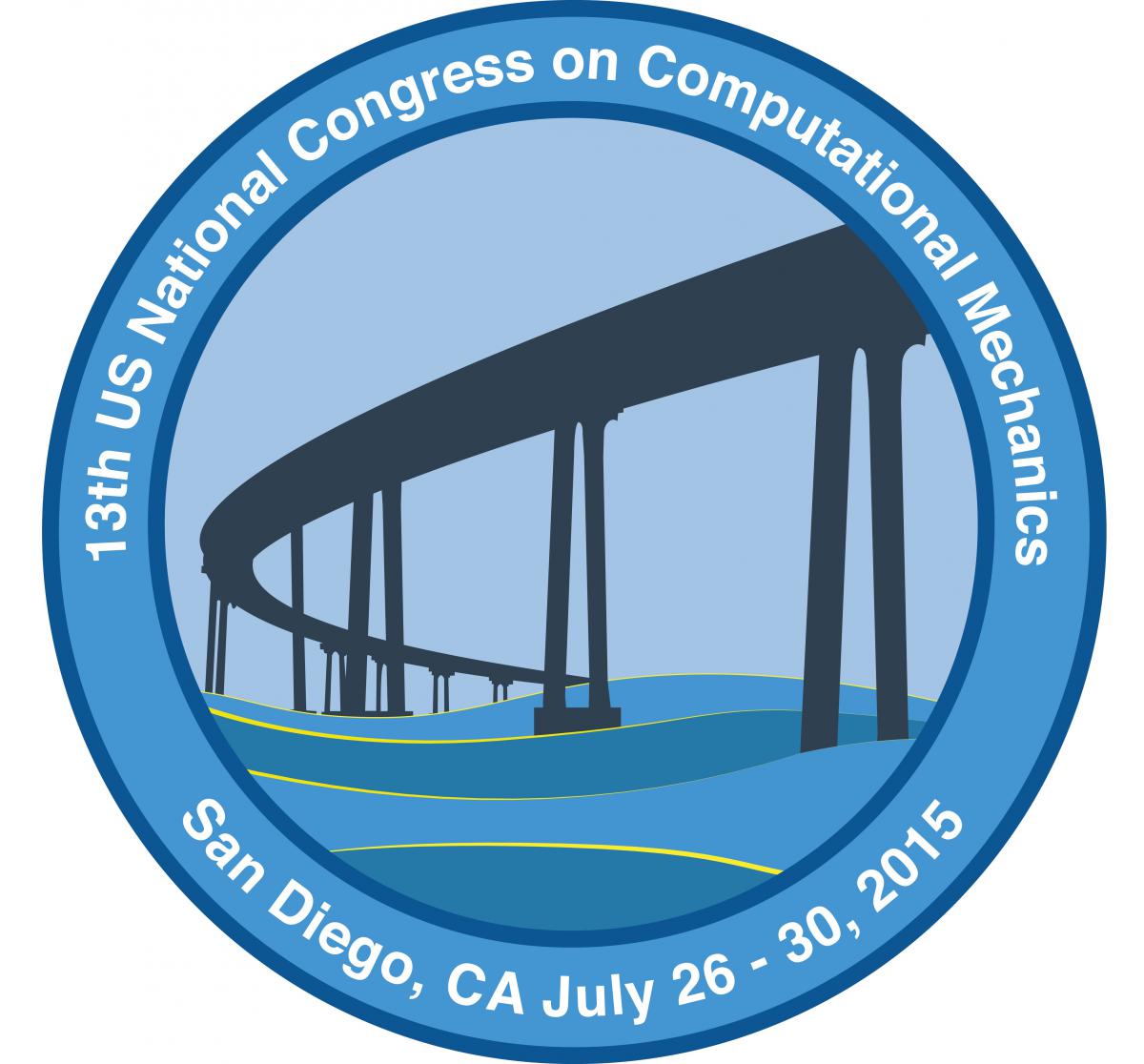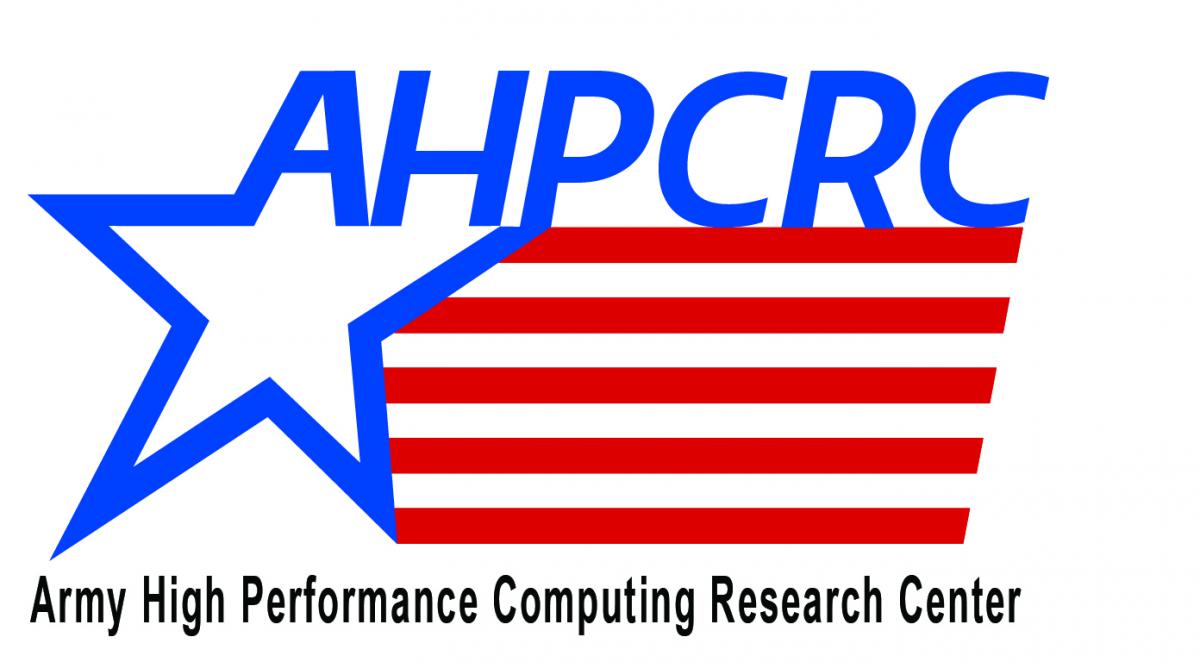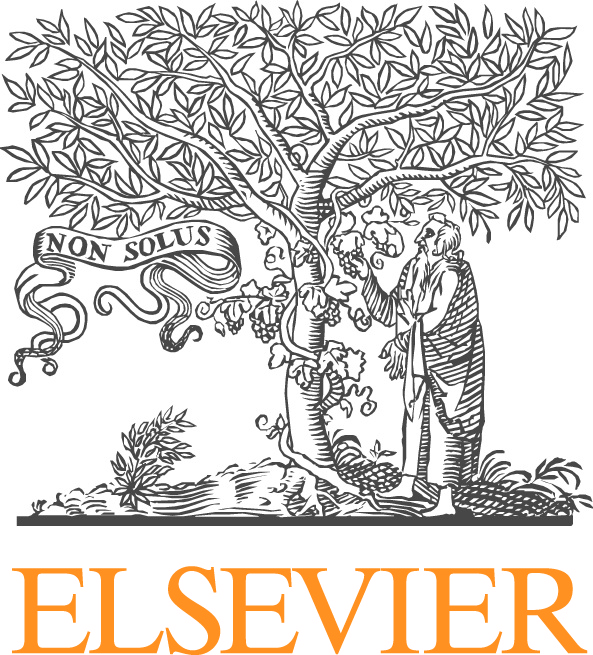Short Course: Numerical Methods for Uncertainty Propagation
Instructors
Alireza Doostan, University of Colorado
Paul Constantine Colorado School of Mines
Motivated by the recent growing interest in developing predictive computational models, this short course will provide a high-level introduction to recent numerical techniques for the propagation of uncertainty in physical systems governed by partial and ordinary differential equations. A number of core topics of this six-hour short course will include:
• Why UQ in computational mechanics?
• Elements of uncertainty characterization via random variables (essential tools from probability and statistics)
• Monte Carlo (MC) and spectral approximation of stochastic functions (standard MC, polynomial expansion techniques)
• Deterministic sampling methods (collocation approaches) for spectral approximation of stochastic functions (tensor product and sparse grids and the associated approximation properties)
• Highlights of advanced UQ techniques and research opportunities (various model reduction methods)
• Motivating examples from solid/fluid mechanics
It is anticipate that this short course will benefit graduate students and early career researchers broadly interested in the general area of computational sciences. The selected topics will provide the participants (who may have minimal or no background in the subject) with (a) the background to understand the need for uncertainty quantification in simulation-based sciences and (b) a brief introduction to major techniques used for the purpose of uncertainty propagation. These will prepare the participants to follow the literature more conveniently and even apply the basic uncertainty propagation techniques to their problems of interest. The lecture slides will be provided at the beginning of the short course.
The instructors have several years of research and teaching experience in the area of uncertainty quantification and have taught several courses/tutorials related to the topics of this short course.





